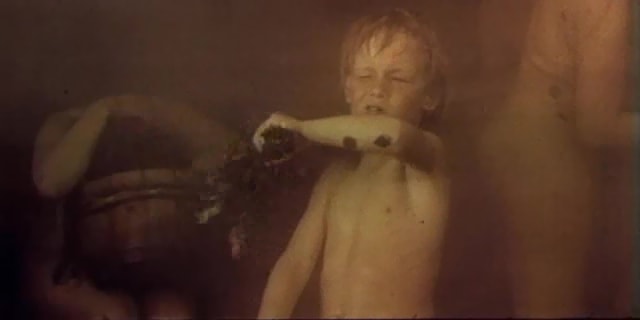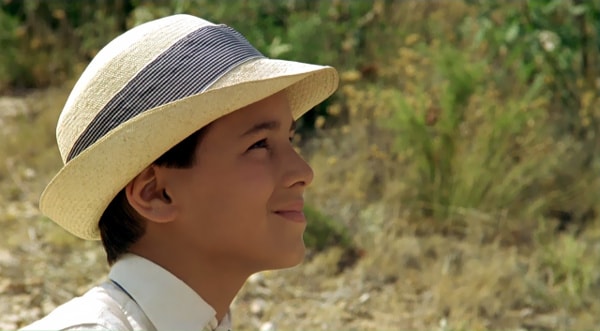
Malchugan 1977
1h 37min | Family | 1977 (Soviet Union)
Description:
About the life and traditions of the late XIX century, the Latvian peasants passed through the poetic perception village boy Jancis.

Malchugan 1977
1h 37min | Family | 1977 (Soviet Union)
Description:
About the life and traditions of the late XIX century, the Latvian peasants passed through the poetic perception village boy Jancis.
Killer Kid 1994
1h 30min | Drama, War | 22 June 1994 (France)
Storyline:
A Lebanese kid is sent to France on a terrorist mission for “Allah’s Army”. An Arab French kid becomes involved unwittingly. A bond develops between the two, while they become alienated from and independent of the adults in their lives.

My Father’s Glory 1990
My Father’s Glory 1990
La gloire de mon père (original title)
1h 45min | Adventure, Biography, Drama | 29 August 1990 (France)
Storyline:
A young boy’s life in turn-of-the-century France. Marcel, witnesses the success of his teacher father, as well as the success of his arrogant Uncle Jules. Marcel and family spend their summer vacation in a cottage in Provence, and Marcel befriends a local boy who teaches him the secrets of the hills in Provence.
Mother’s Boys 1993
R | 1h 36min | Drama, Thriller | 18 March 1994 (USA)
Storyline:
Jude Madigan abandons her husband Robert and her three sons without any explanation. Three years later Jude inexplicably returns to reunite her family. However Robert and his new lover Callie see Jude for the true psychopath she is and try their best to protect their sons. Jude embarks on a non stop stalking and harassment campaign against the family, and even seduces her eldest son Kess into committing her acts of violence.
Le voleur d’enfants 1991
1h 50min | Drama | 25 September 1991 (France)
Storyline:
In 1925 Paris, the Colonel kidnaps unhappy or abandoned boys, providing them and his wife with comfort and joy in his rich mansion. Then things become complicated when he adopts a girl.
Ciske de Rat 1984
1h 46m | Drama | 29 March 1984 (Netherlands)
Storyline:
11 year old Amsterdam schoolboy Ciske, a scamp with a heart of gold, causes havoc in the classroom pouring ink over his teacher. Yet when a polio-crippled boy joins the class Ciske is one of the only children to befriend him and is bullied as a result. His mother works in a bar and Ciske helps out often late into the night – his father is at sea and his mother supplements her income with prostitution. Ciske also smolders with rage at life’s injustices.
Mig Og Charley 1978
1h 38min | Drama | 19 March 1978 (Denmark)
Storyline:
Youth film about friendship between two boys from very different backgrounds. Steffen finish school and do not really know what he wants. He lives at home with his mother, who is a journalist. He comes with Majbritt, the daughter of one of the rich men in Silkeborg, where the story takes place. Charly is a Copenhagen mess already know life’s dark sides and is placed in a youth home outside the city. They meet when Charly is by cutting Steffens moped. As the story concludes, the Charly again got mixed up in something and have to run away, and now gives Steffen him the moped. They have become friends, and the friendship has also been shown to outweigh Steffens compared to Majbritt and the upper class, she represents.
Die Kinder aus Nr. 67 1980
1h 43min | Family | 11 April 1980 (West Germany)
Storyline:
The “Our Gang” type adventures of German working class kids from a Berlin apartment building (number 67) during the early 1930s. With Nazism’s rise, however, their tight-knit group unravels. One leader, Paul, becomes a Nazi. (In a later book of the series, you discover he renounces Nazism and flees to Switzerland.) One, Erwin, resists Nazification. (In a later book, his father takes him to Sweden. He eventually, however, fights for the British.) And the girl, Miriam, who is Jewish, immigrates to Canada. (In a later book, she returns to Europe after the war, where all three comrades finally meet in Geneva to renew their vows of friendship once again.)